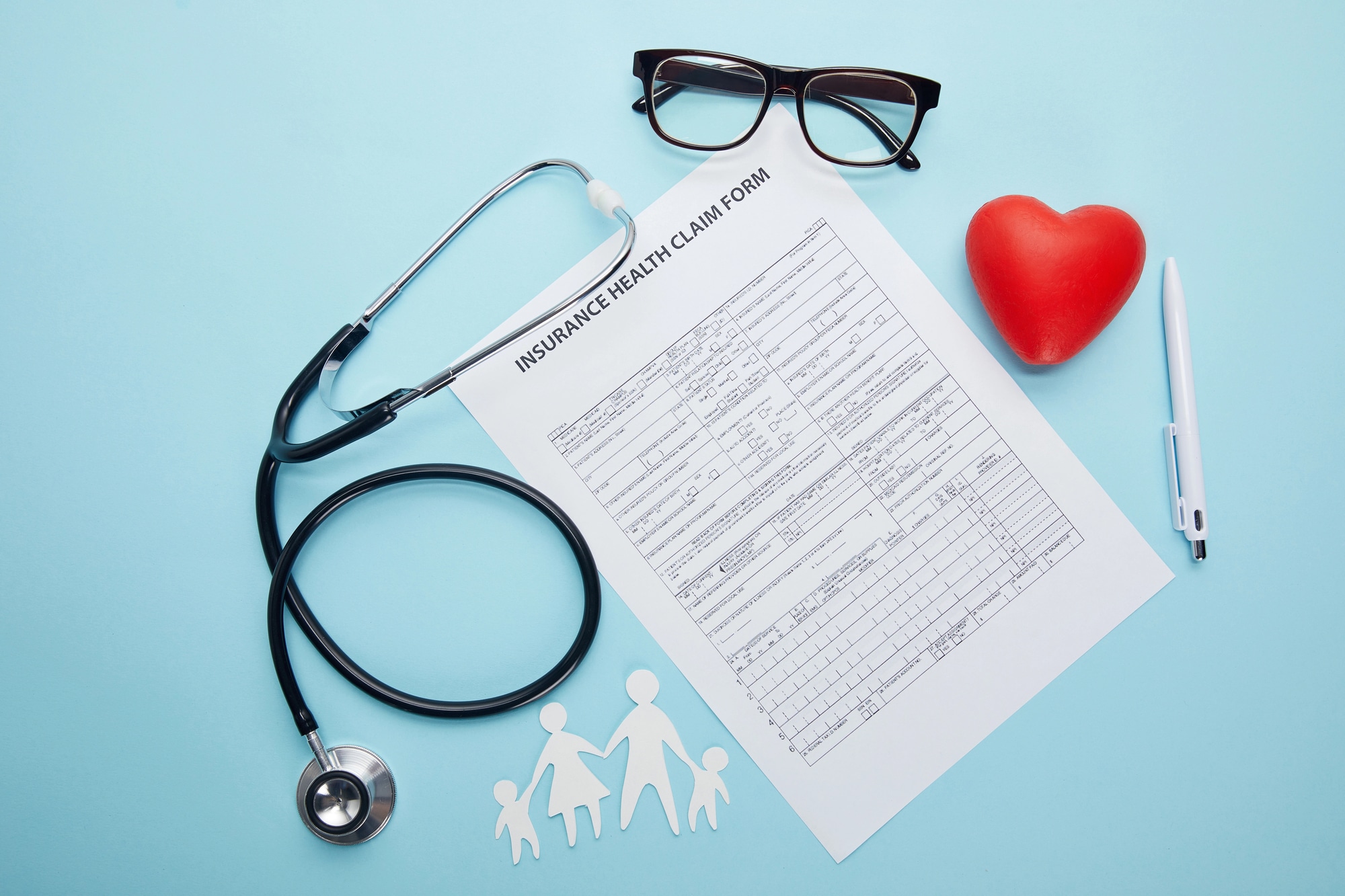
The Benefits of Medication-Assisted Treatment (MAT) for Those with Dual Diagnosis
For individuals struggling with both a mental health disorder and addiction—a condition known as dual diagnosis—finding an effective treatment approach can be challenging. Traditional recovery programs often focus on just one part of the problem, leaving the other unaddressed. However, medication-assisted treatment (MAT) offers a comprehensive solution. Combining medications with counseling and behavioral therapy, MAT addresses both addiction and mental health symptoms simultaneously, leading to better long-term outcomes. This blog will explore how MAT helps manage dual diagnosis, its key benefits, and success stories that showcase its effectiveness.
Understanding Dual Diagnosis
Dual diagnosis refers to the co-occurrence of a mental health disorder and a substance use disorder. Common examples include depression and alcoholism, anxiety and opioid use disorder, or PTSD combined with substance misuse. According to the Substance Abuse and Mental Health Services Administration (SAMHSA), approximately 9.2 million adults in the U.S. experience both mental illness and substance use disorder each year. The coexistence of these conditions creates a complex interplay that makes recovery especially challenging. That’s why specialized, integrated treatment is crucial.
What is Medication-Assisted Treatment (MAT)?
Medication-Assisted Treatment (MAT) is an evidence-based approach that uses a combination of medications, counseling, and behavioral therapies to treat substance use disorders. FDA-approved medications like buprenorphine, methadone, and naltrexone are commonly used to treat opioid addiction, while medications such as acamprosate and disulfiram can aid in managing alcohol use disorder. These medications help by reducing cravings and withdrawal symptoms, allowing individuals to focus on their recovery and engage more effectively in therapy.
However, MAT is more than just medication. It’s a comprehensive strategy that integrates medical intervention with counseling and behavioral therapy, creating a solid foundation for mental health stability and addiction recovery.
The Role of MAT in Dual Diagnosis Treatment
For individuals with dual diagnosis, MAT plays a crucial role in both stabilizing mental health symptoms and supporting addiction recovery. Here’s how:
- Stabilizing Mental Health Symptoms: MAT helps regulate mood and reduce the intensity of anxiety, depression, or other mental health symptoms that often accompany addiction. By stabilizing these symptoms, clients can engage more effectively in mental health therapy, where they can address the underlying causes of their condition.
- Supporting Recovery from Addiction: One of the primary goals of MAT is to reduce cravings and alleviate withdrawal symptoms. This makes it easier for individuals to maintain their sobriety and participate actively in their treatment. With cravings under control, clients have the opportunity to focus on developing new coping skills and making lifestyle changes that support long-term recovery.
Key Benefits of MAT for Dual Diagnosis
When it comes to treating dual diagnosis, MAT offers several unique benefits that set it apart from traditional recovery approaches:
- Improved Mental Health Stability: MAT works alongside therapy to create a more stable emotional state for clients. By reducing fluctuations in mood and anxiety, MAT allows individuals to participate fully in their mental health treatment.
- Increased Retention in Treatment: MAT’s ability to reduce cravings and manage withdrawal symptoms encourages higher engagement in treatment. This increased retention is crucial for dual diagnosis patients, as longer treatment duration is associated with better long-term recovery outcomes.
- Comprehensive and Personalized Care: Because MAT is tailored to each client’s specific needs, it offers a more personalized approach to recovery. By combining medical treatment with individualized therapy and support, clients receive holistic care that addresses both addiction and mental health issues.
New Era Rehabilitation’s Approach to MAT for Dual Diagnosis
At New Era Rehabilitation, we understand that dual diagnosis requires a multifaceted approach. That’s why we use MAT in conjunction with evidence-based therapies such as Cognitive Behavioral Therapy (CBT), Dialectical Behavior Therapy (DBT), and trauma-focused counseling. Our integrated treatment plans are customized for each individual, ensuring that both their addiction and mental health needs are met.
Our team of addiction specialists, therapists, and medical professionals work collaboratively to create a supportive environment for each client. This patient-centered approach focuses not just on managing symptoms but on empowering clients to reclaim their lives through holistic recovery.
How to Get Started with MAT for Dual Diagnosis in Connecticut
If you or someone you know is dealing with both addiction and mental health challenges, it’s essential to seek professional help. At New Era Rehabilitation, our initial assessment process evaluates both mental health and substance use issues to determine whether MAT is a suitable option. From there, our team will create a personalized treatment plan that combines MAT with comprehensive mental health therapy.
Medication-Assisted Treatment (MAT) offers a powerful tool for those facing the challenges of dual diagnosis. By stabilizing mental health symptoms and supporting addiction recovery, MAT provides the foundation for comprehensive healing. When combined with evidence-based therapy, MAT helps individuals achieve lasting recovery and a higher quality of life.
If you or a loved one is struggling with both addiction and mental health issues, don’t wait. Contact New Era Rehabilitation in Bridgeport or New Haven today to learn more about our integrated approach to MAT for dual diagnosis and start your journey to a healthier future.





